Process Cooling
Efficiency and Quality
Process cooling is a critical aspect of many industrial and commercial operations, employing heat exchangers to transfer heat away from processes or equipment that generate excessive warmth. This thermal management technology is key to maintaining optimal operating temperatures, ensuring machinery and processes run efficiently, safely, and reliably. Heat exchangers come in various types and sizes, tailored to the specific needs of an operation, whether it's to cool large-scale industrial processes or to manage heat in commercial refrigeration.
Process Cooling
- Improved Efficiency: Enhances performance and extends the lifespan of equipment by maintaining optimal temperatures.
- Quality Control: Ensures consistent product quality by preventing overheating that could alter product characteristics.
- Energy Savings: Reduces energy consumption by using heat exchangers to recycle energy within the system.
- Operational Safety: Lowers the risk of overheating and potential safety hazards in the workplace.
MARKETS

Engine Cooling

Hydraulic Cooling

Process Cooling

Compressor Aftercoolers

Condensers

Irrigation Coolers

Injection Molding



